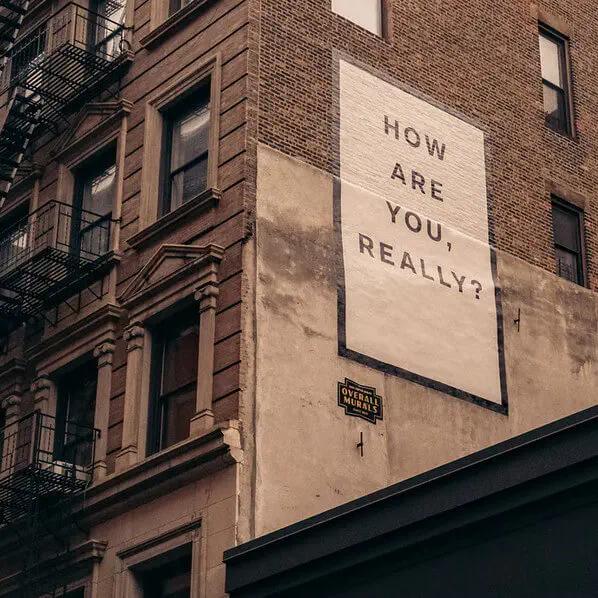Mental health care as a topic has finally started getting more attention, especially since the onset of the Covid-19 Pandemic. Mental health care includes services such as therapy/counselling, support groups, group therapy, medication management, psychiatric rehabilitation and more. When assisted with self-care activities like mindfulness, painting, or anything else that’s most personal to you, mental health care becomes a less bumpy journey.
What is mental health and why do you need it?
Mental health is a state of mental well-being and not merely the absence of mental health concerns or distress. Mental health is an important part of an individual’s overall health, which includes physical, social, emotional, and psychological aspects. Mental health conditions are psychological disorders that can cause significant distress or impairment in one’s quality of life. Mental health concerns can be a range of problems that we may face that affect our mood, thinking or behaviour in ways that interfere with our values, priorities and hopes for our life.
Understanding the Different Types of Support:
Mental health concerns and conditions are quite common in our society. One of the most common concerns that people face is depression, which is a persistent feeling of sadness, or emptiness and loss of interest in things that they previously enjoyed. Anxiety is the second most common mental health concern, which is an intense feeling of worry and nervousness that can be all-consuming. These concerns can be accompanied by other aspects such as addiction or suicidal thoughts, which can be detrimental if not addressed.
There are many different types of support for these mental health concerns.
Therapy and counselling are often recommended as a common resource of support for our mental health. Based on the severity and intensity of the concern, people may decide to visit a psychiatrist who prescribes medications that can be quite supportive in helping people feel like they can manage their concerns better. Lastly there are support groups and communities for people who would like to connect with others having similar experiences and mutually learn how to cope from each other and deeply understand one’s own concerns.
How to Identify the Different Signs of Mental Health Conditions:
The range of mental health concerns and conditions that people go through can be very unique and subjective to each person’s context. However, to help you access a way forward to recognize some signs of mental or emotional distress, the following is a list that can be a starting point:
- Feeling sad or hopeless about the future.
- Difficulty concentrating or focusing like you used to.
- Losing interest in activities you once enjoyed.
- Sleeping too much or not enough.
- Appetite changes (either increased or decreased).
- Thoughts of death or suicide.
- Increased restlessness and irritability.
- Physical symptoms like a racing heart, muscle tension, shortness of breath, dizziness, sweating and trembling. These physical symptoms can also be part of an anxiety attack.
- Constant worry about the worst happening.
If you notice the above signs for long periods of time, you may want to consider reaching out for support. You are not alone in navigating your experience and distress.
What Can You Do From Here?
Mental health is a topic that is often not talked about. It can be hard to openly understand what you are experiencing and accept that you may benefit from support. Silence, secrecy and stigma around mental health delays us from taking little steps for caring for ourselves. The fact that you have reached the end of this article, is the first step you have taken to break through that stigma!
We want you to know that it is okay to ask for help. You are not weak or broken if you reach out for support. It’s the first step towards prioritising yourself and we are here with you in this journey.
Whether you choose therapy, a support group, or even consulting a psychiatrist, don’t hesitate to ask them questions, clarify any doubts you have about the process, and be open about your needs so that you can experience a form of care that is most personal and resonant for you. If you’re unsure about the differences between the type of therapists or psychiatrists, click here to view this article.
Also Read:



















